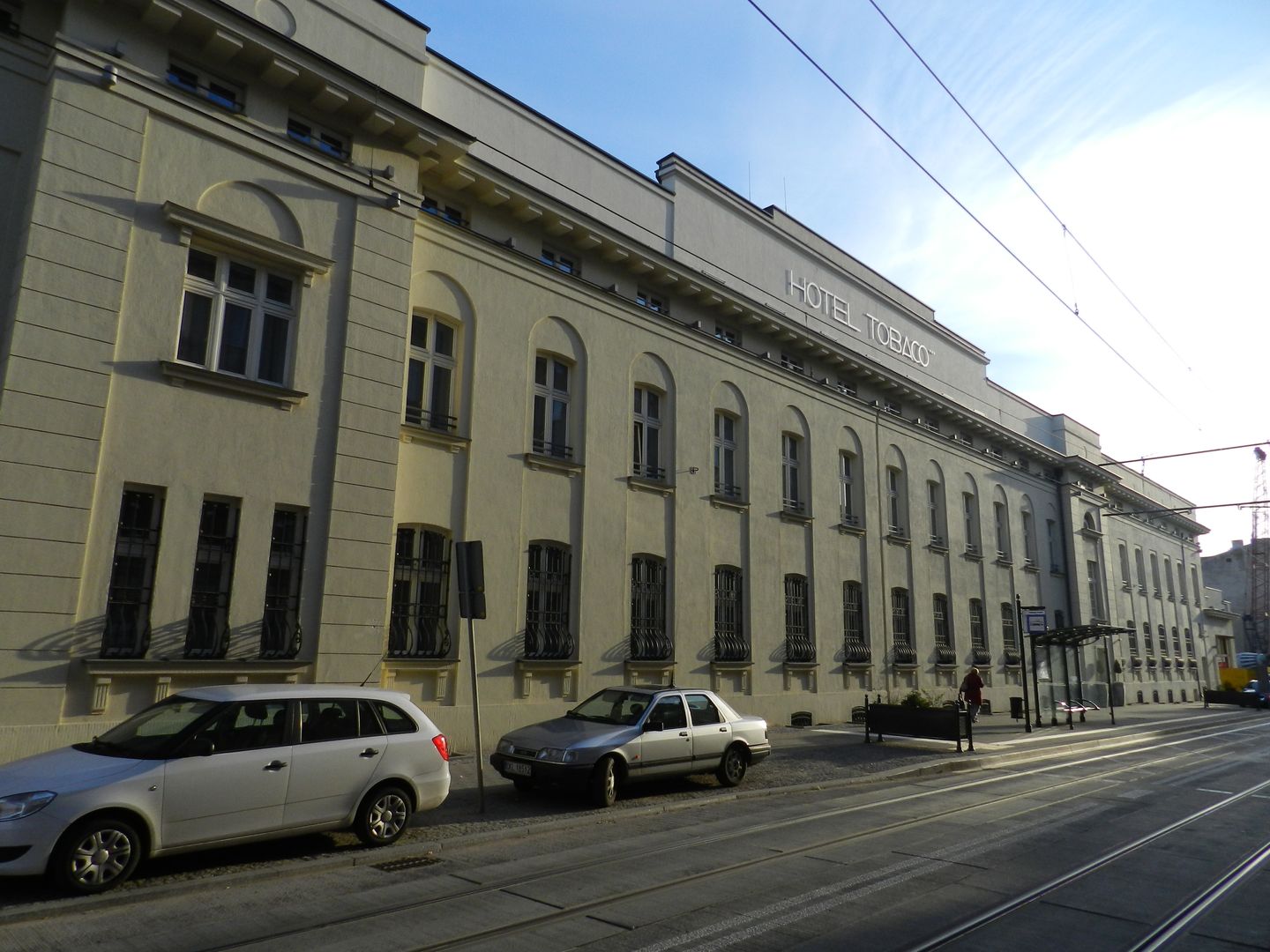State Tobacco Monopoly Factory in Łódź
6.62

Overview
The State Tobacco Monopoly Factory in Łódź, located at 64 Kopernika Street, is a historic facility established in 1925. Its origins date back to 1857, when Karol Kretschmer began textile operations on Piotrkowska Street and later moved the factory to 60 Kopernika Street, where he produced woolen scarves. In 1875, he opened a new weaving mill at 64 Kopernika Street, and by 1910, the factory employed over 300 workers and operated 62 handlooms. After World War I, the factory began to decline, and in 1925, its complex was destroyed by a fire. That same year, it was taken over by the State Tobacco Monopoly, which relocated from 58/60 Kopcińskiego Street. The new owners expanded the factory in a modernist style, contributing to its architectural distinction thanks to a design by architect Milauer. The factory operated until the end of the 20th century as the "Łódź Cigarette Factory," producing well-known cigarette brands such as Płaskie, Egipskie, and Popularne. After its closure in 2001, the facility was sold to the Arche Group in 2007. In 2010, the complex underwent revitalization, with parts converted into apartments and the Hotel Tobaco, which opened in 2013. Since then, the entire complex has been renamed Tobaco Park. The developer did not preserve all the buildings of the former Kretschmer factory, demolishing those that had burned down in the 1990s. It is worth noting that the factory holds not only architectural significance as an example of modernism but also cultural importance as a site of significant industrial production in the region. An interesting fact is the variety of cigarette brands produced here, which were popular in their time. The memory of this place and its history enriches the heritage of Łódź as an industrial city.
Location
Tickets
Powered by GetYourGuide
2026 Wizytor | All Rights Reserved